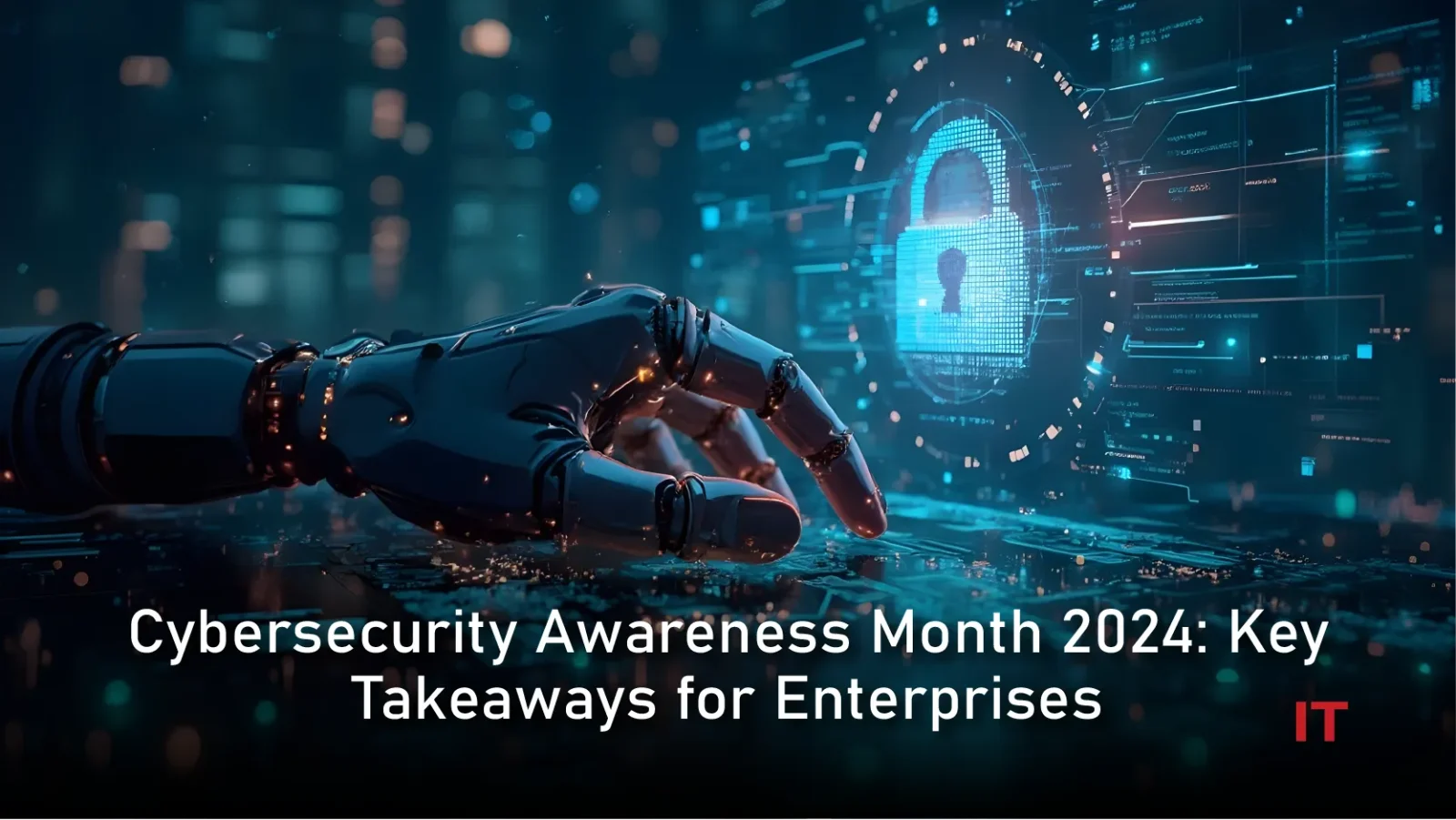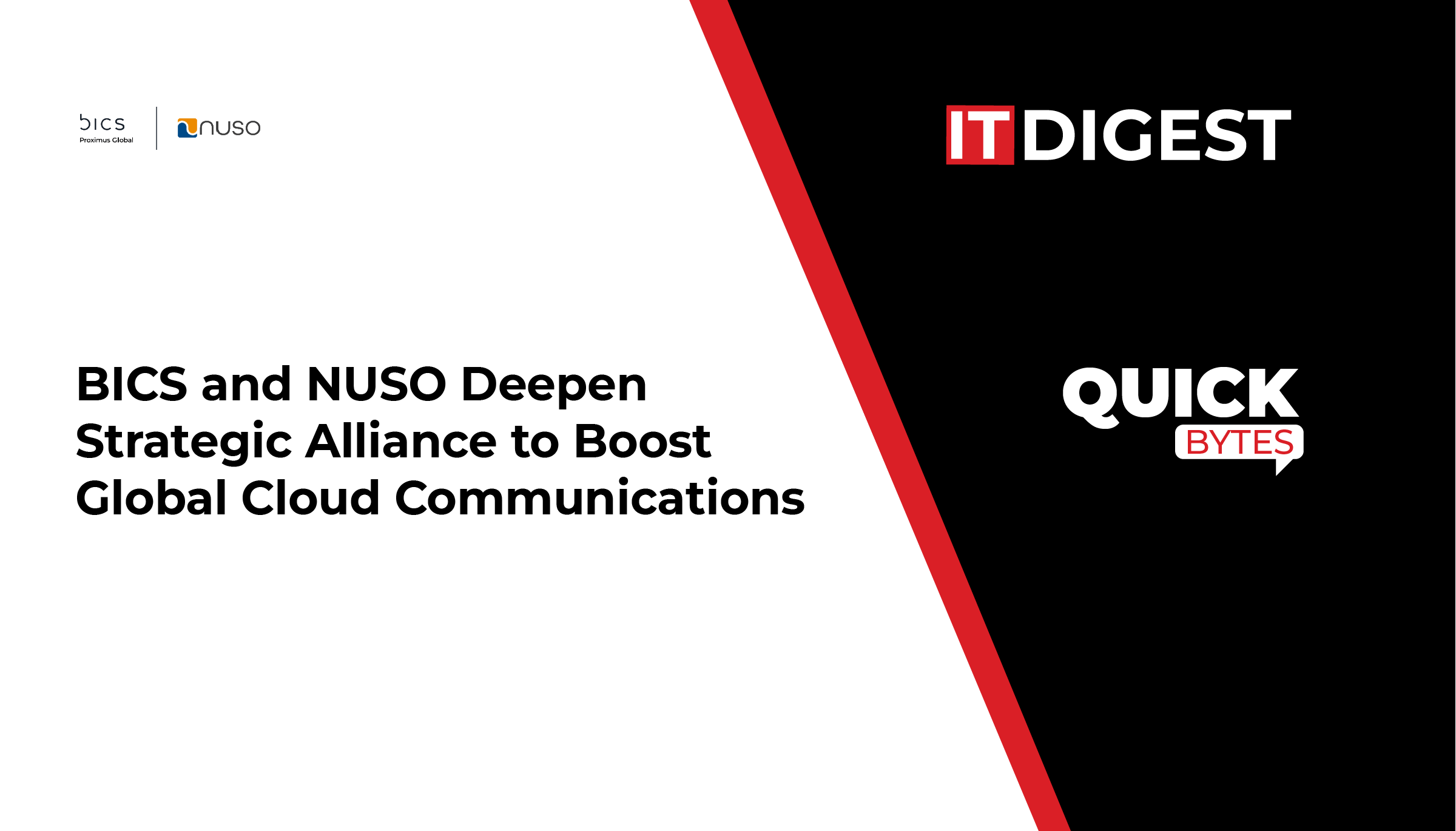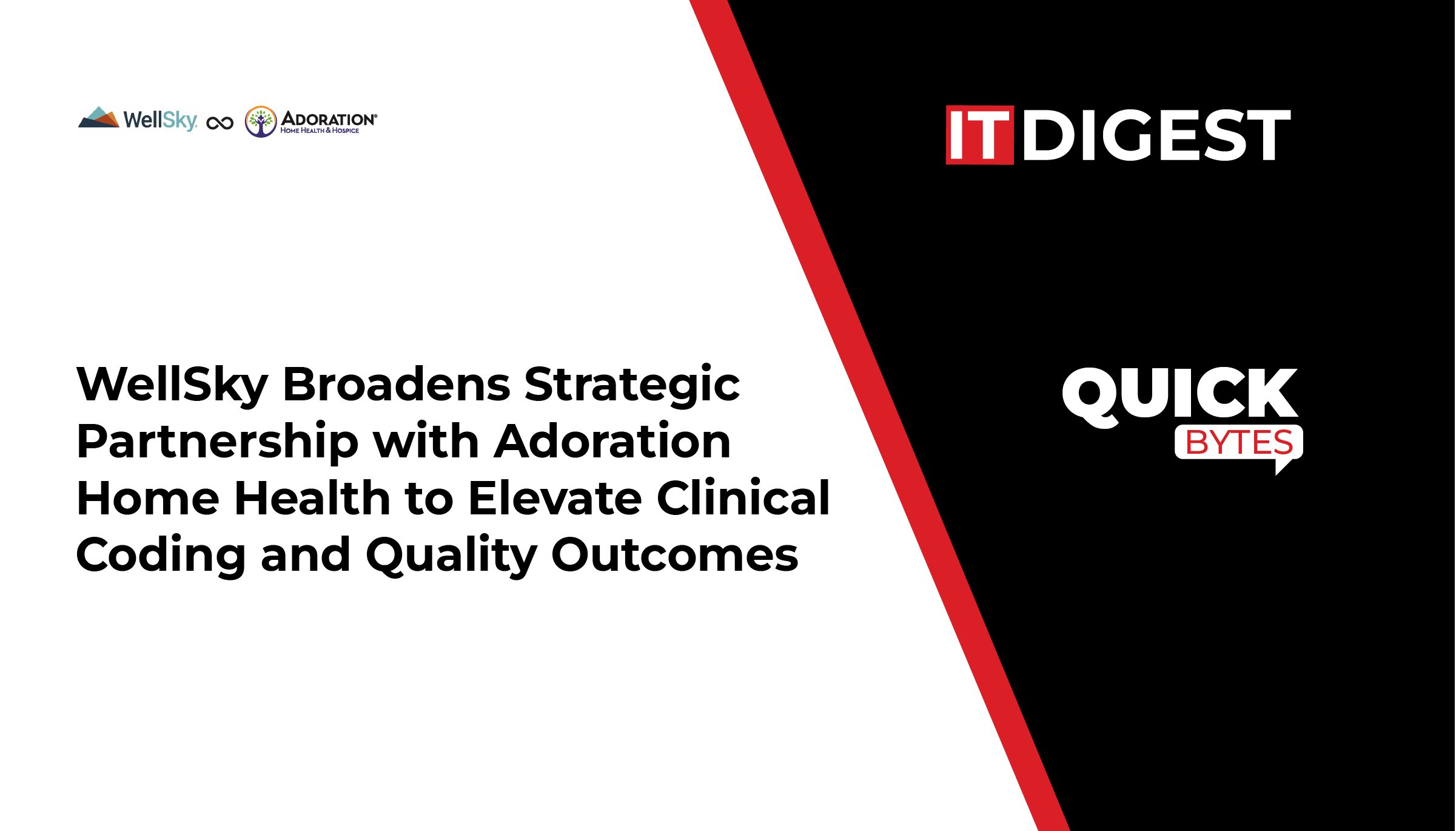October is Cybersecurity Awareness Month, and this year’s theme is “Secure Our World.” The theme focuses on practical steps that both individuals and organizations can take to stay safe online. In a digital world that is becoming more interconnected, cyber threats are constantly evolving.
According to a report by Get Astra, a cyber attack occurs approximately every 39 seconds, with an estimated 2,200 attacks happening daily. The report by Esentire anticipates that cybercrime will cost the world USD 9.5 trillion in 2024.
Enterprises are frequently becoming a prime target of these malicious actors. Businesses should protect their sensitive data, intellectual property, and financial systems.
We have summarized the key takeaways offered by CISA and the National Cybersecurity Alliance to secure your organization from these threats. These actionable tips will strengthen your company’s defense and build a culture of security.
1. Stay Alert, Stay Secure to Outsmart Phishing Attacks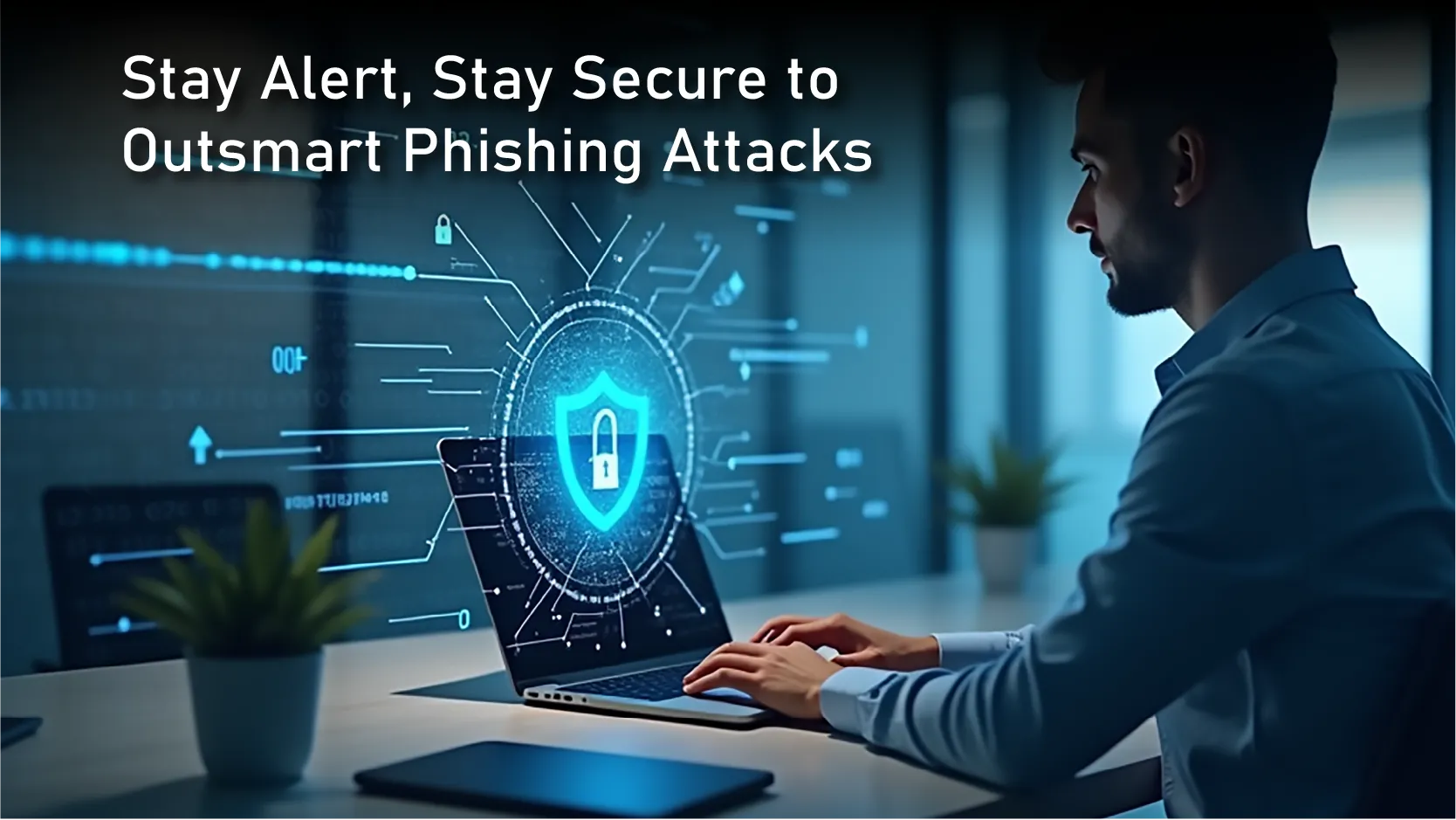
One of the most common and lethal forms of cyberattacks is phishing. Another report by Astra highlights that phishing attacks account for nearly 22% of all data breaches. It is one of the leading cyber threats that starts with a simplistic deceptive email or text message. This is sufficient to expose your enterprise to sophisticated malware or data theft. Phishing attacks are easily preventable if employees know how to identify them.
Here are some phishing red flags that every team member should recognize:
● Urgent language
Scammers often create a false sense of urgency or fear and provoke the user to take action.
● Unexpected attachments or requests for personal information
Legitimate organizations will not ask for sensitive data via email.
● Mismatched email addresses and strange link
It is crucial to always double-check the sender’s email address and hover over links. The workforce should not click on any link that redirects the user to some other website.
Encourage your employees to resist clicking suspicious links and, instead, report them. Enterprises should set up a system for flagging and reporting phishing emails. It is one of the most effective ways to prevent phishing attacks from spreading.
Remember: When in doubt, delete the message! No attachment or link is worth the risk.
Also Read: 3 Types of DDoS Attacks and 8 Best Practices to Stay Secure
2. Use Strong, Unique, and Secure Password Management Policies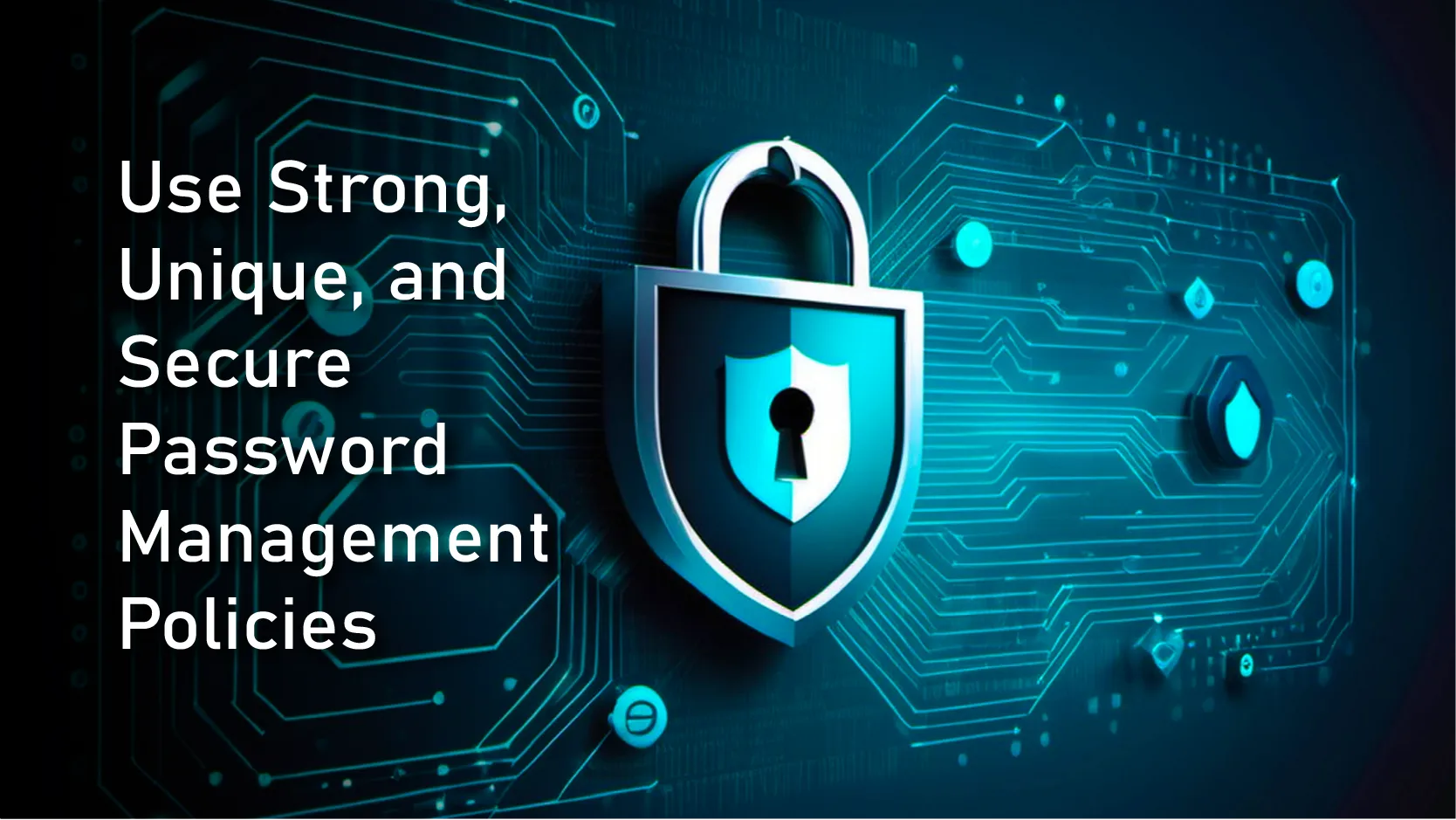
Passwords are often the first line of defense for any enterprise. However, too many businesses still rely on weak or reused passwords. A data breach caused by a compromised password can be catastrophic for enterprises. It has the potential to cripple the business operations to the core.
Here’s how your organization can improve password security:
● Don’t reuse passwords
Each account should have a unique password.
● Use random combinations
A mix of uppercase and lowercase letters, numbers, and special characters is ideal. Alternatively, a memorable passphrase of unrelated words can also work well.
● Make them long
Passwords should have at least 16 characters to maximize security.
A password manager is a powerful tool. It creates, saves, and fills passwords for accounts. Employees just need to remember one master password. This greatly lowers the risk of breaches from weak or hacked passwords.
Using password managers can protect your organization from attacks. It will also make things easier for your employees.
3. Strengthening Security with Multifactor Authentication (MFA)
In today’s threat landscape, passwords alone aren’t enough. Multifactor Authentication (MFA) adds a vital security layer. Users have to verify their identity through multiple steps. Typically, this means users will need a code sent to their phone along with the password. Some MFA tools might even require users to validate their fingerprints to gain access.
Here’s why MFA is a game-changer for enterprises:
● Types of MFA
Common MFA options include one-time codes sent via text or email. Some of them might ask for biometric verification, like fingerprints or facial recognition. There are also authenticator apps in the market that generate unique codes.
● Implementation is key
Ensure MFA is activated across all business-critical applications. MFA is crucial for cybersecurity teams to secure sensitive financial and customer data.
Implementing MFA in the company lowers the risk of unauthorized access, even if a password is leaked. Additionally, regular training and reviews of MFA can boost overall security. This approach keeps systems strong against new threats.
4. Don’t Delay Software Updates: Protect Your Systems Now
Software updates may seem like a minor task. But, they are key to protecting your enterprise from cyberattacks. Delaying updates can expose your systems to known security flaws. This gives cybercriminals an open door, which they can leverage to penetrate the network.
Why software updates matter:
- Updates patch security vulnerabilities that could be exploited by hackers
- They often include bug fixes that could cause performance issues or other problems
- Updates ensure you are running the most efficient and secure program version
To make things easier, enable automatic updates across your devices and systems. For software that doesn’t update automatically, train your staff. They should watch for update notifications, especially for web browsers and antivirus software.
Foster a Culture of Cybersecurity in Your Enterprise
Cybersecurity is everyone’s responsibility, not just IT. It is crucial to teach your team to spot phishing, use strong passwords, enable MFA, and update software. This reduces the risk of cyberattacks.
Cybersecurity Awareness Month is a perfect opportunity for engaging employees and promoting vigilance. It also highlights each member’s role in protecting digital assets. Simple and effective steps can safeguard your business from costly cyber incidents.
Secure Your Enterprise to Secure Our World
The message for Cybersecurity Awareness Month 2024 is clear. Enterprises can boost their security by adopting these four practices. Every action counts toward making the online world a safer place for everyone.
CISOs should take these lessons and implement them across their organization. It is critical to encourage the teams to do the same. The entire organization collaboratively can create a more secure digital future for their organization and customers.






























